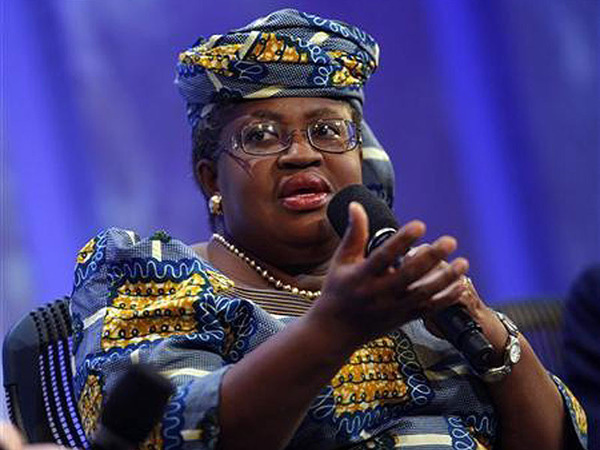Former Minister of Finance, Dr. Ngozi Okonjo-Iweala has make allegations of graft against the National Assembly.
According to her, the Goodluck Jonathan administration paid the lawmakers N17 billion to enable them pass the 2015 budget.
In her wave-making book, Fighting Corruption is Dangerous:The Story Behind the Headlines, the ex-minister further accused the legislators of unnecessarily tinkering with the budget to suit their own intents and purposes.
She added that the N17 billion was besides the N150 billion that the National Assembly usually got as its own annual budget despite that the price of oil in the international market had taken a bashing.
Okonjo-Iweala said, “The legislature was concerned largely about three things—the size of its own budget; the nature and the size of the capital budget, particularly investment projects; and the number and geographical location of the projects.
“Senators and Representatives felt that their role as appropriators of the budget was not just to vet and approve budget parameters and oversee budget implementation, but also to shape the size and content of the budgets, including details of specific projects.”
She disclosed, “National Assembly members had negotiated large increases in the National Assembly budgets and would brook no discussions or challenges on the issue.
“Their operational budget had ballooned to N150 billion or 16 per cent of the budget and almost 3.5 times the 2006 budget (in naira).”
Okonjo-Iweala, the Finance Minister from August 2011 to May 2015, said, “By the time we presented the budget on December 16, 2014, oil prices had fallen further to $58 per barrel.
“We were prepared and we knew we had to trigger the additional expenditure and revenue measures in 2015 to make the budget work.
“This would be tough, given that we had entered an election year,” she said.
”Indeed, legislators initially refused to accept any cuts to their regular N150 billion budget, despite dwindling revenues.
“But eventually, they agreed to a 13 per cent cut against a backdrop of ministers accepting a voluntary 50 per cent cut to their basic salaries.
“In a tough session with the National Assembly’s ad hoc committee on the budget (made up of chairs of the Finance Committee and Appropriation Committee of both chambers and other leaders of the National Assembly), an additional N20 billion was re-introduced as election expenses for National Assembly members.
“We insisted the amount be dropped because it nullified the 13 per cent cut made to their statutory budget, but managed to reduce the N20 billion figure by only N3 billion to N17 billion.
“This became the price to pay to have the 2015 budget passed.”

